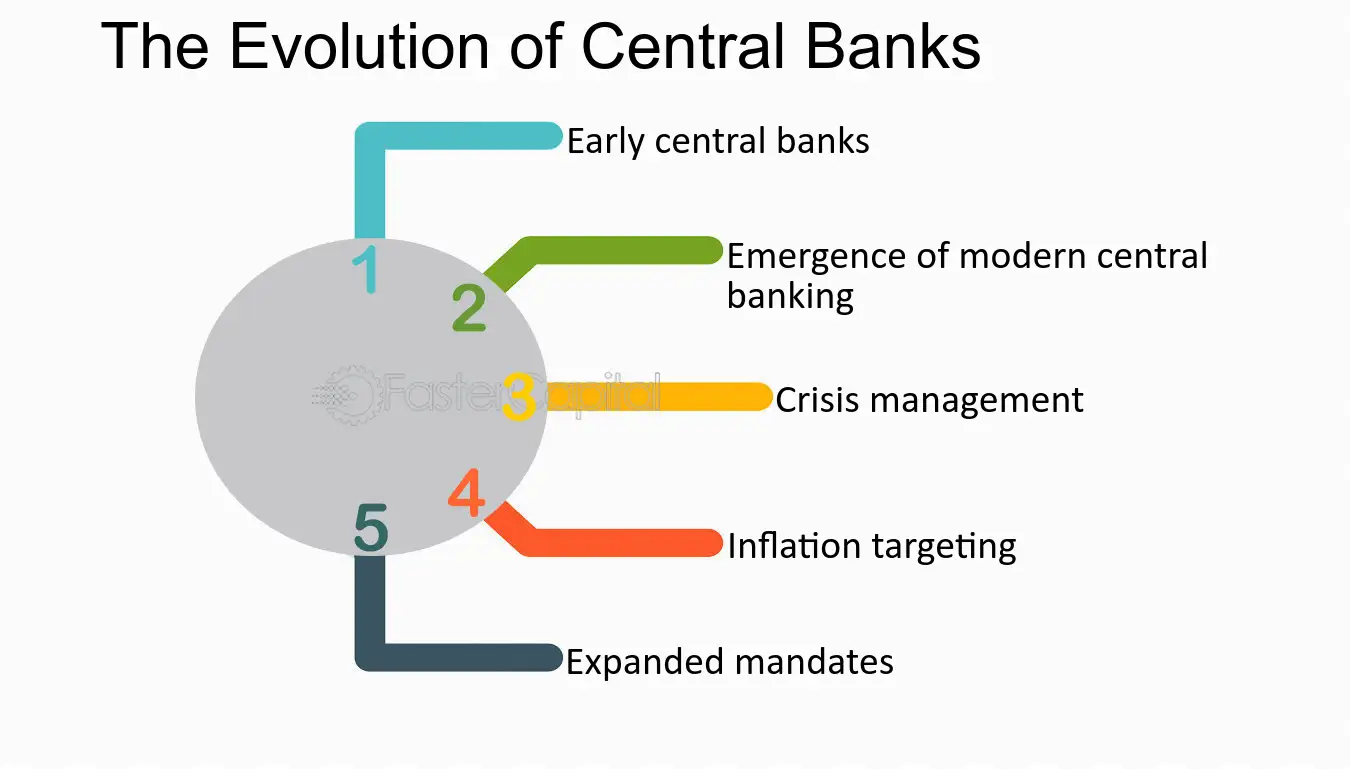Mental Health Awareness in 2025: Why It Matters More Than Ever

12/08/2025
Author: Shaharia
In recent years, mental health has shifted from being a hushed conversation to a global movement. In 2025, awareness is no longer just about recognizing mental health conditions—it’s about creating supportive environments, breaking stigma, and empowering individuals to seek help without fear or shame.
With stress, anxiety, and depression on the rise, understanding the importance of mental well-being is crucial for individuals, workplaces, and communities.
What is Mental Health Awareness?
Mental health awareness is the ongoing effort to educate, inform, and inspire conversations about emotional, psychological, and social well-being. It includes:
-
Recognizing signs and symptoms of mental distress
Understanding available treatment and support options
Promoting positive mental health habits
-
Encouraging open, stigma-free discussions
Why Mental Health Awareness is Critical in 2025
-
Rising Mental Health Challenges
Fast-paced lifestyles, economic uncertainty, and global events are taking a toll on emotional resilience. More people than ever are experiencing anxiety, depression, and burnout. -
Early Intervention Saves Lives
Awareness helps identify issues early, leading to faster treatment and recovery. -
Breaking the Stigma
The more we talk openly about mental health, the easier it becomes for people to seek help without fear of judgment. -
Workplace Well-being
Companies are recognizing that employee mental health directly impacts productivity, creativity, and retention.
Signs You Shouldn’t Ignore
-
Persistent sadness or hopelessness
-
Severe mood swings
-
Withdrawal from friends or activities
-
Difficulty sleeping or oversleeping
-
Loss of interest in daily activities
-
Extreme fatigue or lack of focus
If these symptoms persist, it’s important to seek professional guidance.
Ways to Support Mental Health Awareness
1. Start Conversations
Speak openly with friends, family, and colleagues about mental well-being. Normalize seeking therapy just like visiting a doctor for physical health.
2. Share Resources
Provide information about local mental health services, helplines, or online counseling platforms.
3. Support Campaigns
Participate in mental health awareness events, charity walks, or online initiatives to help spread the message.
4. Practice Self-Care
Simple steps like daily exercise, meditation, journaling, and adequate sleep can greatly improve mental health.
5. Advocate in the Workplace
Encourage employers to provide wellness programs, flexible work arrangements, and access to counseling services.
Practical Self-Care Tips
-
Mindful Breathing: Spend 5 minutes a day focusing on slow, deep breaths.
-
Digital Detox: Reduce screen time, especially on social media.
-
Balanced Diet: Eat nutrient-rich foods that boost brain function.
-
Stay Active: Regular movement reduces stress hormones.
-
Stay Connected: Keep in touch with supportive friends and family.
How You Can Take Action Today
-
Post positive, supportive messages online
Attend a mental health workshop or seminar
Volunteer for a mental health organization
-
Educate yourself about different mental health conditions
Conclusion
Mental health awareness is more than a trend—it’s a movement toward compassion, understanding, and action. In 2025, we have the tools, knowledge, and resources to make mental well-being a priority for all. By breaking the stigma, supporting one another, and taking care of our own mental health, we can build a healthier, more empathetic society.



















